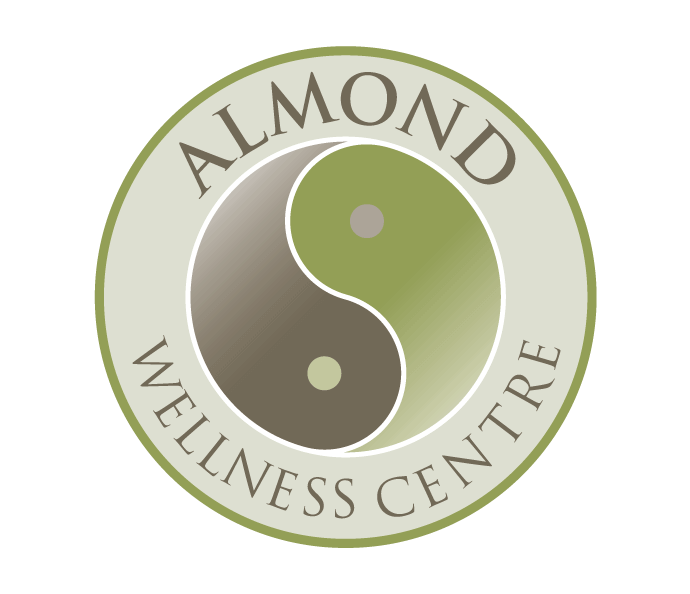Acupuncture for High FSH and Premature Ovarian Failure in Melbourne
Author: Dr. Richard Zeng
Can Acupuncture Help High FSH and Low Ovarian Reserve?
A 38-year-old woman came to our Melbourne acupuncture clinic after being diagnosed with premature ovarian failure (POF). Her doctors advised her that IVF with a donor egg was her only option for pregnancy. However, she wanted to conceive using her own eggs and sought an alternative approach.
Quick Navigation
I designed a personalised treatment plan incorporating fertility acupuncture, Traditional Chinese Medicine (TCM), and dietary adjustments to:
- Regulate her menstrual cycle
- Improve ovarian function
- Lower FSH and enhance hormone balance
- Reduce stress and anxiety
After several months of treatment, her hormone levels improved significantly, and she conceived naturally. This case highlights how acupuncture and Chinese medicine can support reproductive health, even in cases of high FSH and low ovarian reserve.
Case Overview: Acupuncture for High FSH and Low AMH
A 28-year-old woman presented with:
- Extremely high Follicle Stimulating Hormone (FSH) levels (135 IU/L)
- Low Anti-Müllerian Hormone (AMH)
- No antral follicles detected on ultrasound, indicating a very low ovarian reserve
She had not yet tried to conceive but wanted to optimise her fertility. Stress from her father’s battle with cancer had also impacted her hormonal balance.
Medical History
- Menstrual Irregularities: Regular periods on the contraceptive pill for 10 years. After stopping, her cycles were irregular, and by July 2016, her periods stopped completely.
- Symptoms: Despite high FSH, she had no menopausal symptoms (e.g., hot flashes). She felt mildly anxious but otherwise stable. Her digestion was good, and she had minor sleep disturbances.
- Ultrasound Findings: No antral follicles visible in either ovary, suggesting inactive ovaries.
Acupuncture and Herbal Treatment Plan
- Acupuncture to regulate hormones, improve ovarian function, and reduce stress
- Chinese herbal medicine (including Dang Gui, Bai Shao, Shan Yao, Shu Di) to nourish the blood, strengthen the kidneys, and regulate the liver
- Lifestyle and dietary modifications to support overall reproductive health
Treatment Progress and Results
August 2016: Early Improvements
- Increased energy levels and reduced stress
- Improved sleep quality
- Mild abdominal twinges, possibly indicating ovarian activity
- FSH dropped to 28 IU/L and estrogen increased to over 1000 pmol/L
September 2016: Hormonal Shifts
- Continued acupuncture and herbal medicine
- BBT fluctuations suggested potential ovulation
October 2016: Signs of Ovulation
- Noticed egg-white cervical mucus, an indicator of fertility
- Adjusted treatment to support ovulation
November 2016: Natural Conception Confirmed
- Pregnancy test was positive
- Ultrasound confirmed embryo development
- Acupuncture continued to support early pregnancy
December 2016: Healthy Pregnancy
- 9-week scan showed normal fetal development
- Acupuncture continued to maintain well-being
Discussion: Can Acupuncture Help High FSH and Premature Ovarian Failure?
This case study shows that acupuncture and Traditional Chinese Medicine (TCM) may help her through:
- Regulate hormone levels (lower FSH, increase estrogen)
- Support ovarian function, even with low AMH and no antral follicles
- Reduce stress and improve menstrual cycles
- Increase the chances of natural conception
For women struggling with high FSH, premature ovarian failure (POF), or low ovarian reserve, acupuncture and Chinese medicine may provide a natural, non-invasive treatment option.
Find Expert Acupuncture for Fertility in Melbourne
If you have been diagnosed with high FSH, low AMH, or premature ovarian failure, and wonder if acupuncture & Chinese herbal medicine can offer natural solutions, please contact us today to learn how acupuncture and TCM can support your fertility journey.
📍 Locations: Coburg & Ringwood, Melbourne
🌐 Website: www.oztcm.com.au
📞 03 8802 1519
Book a Consultation today!
Disclaimer: This case study is for educational purposes only. Individual results may vary. Please consult a healthcare professional for personalised medical advice.
